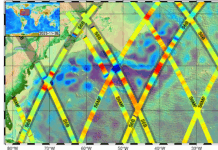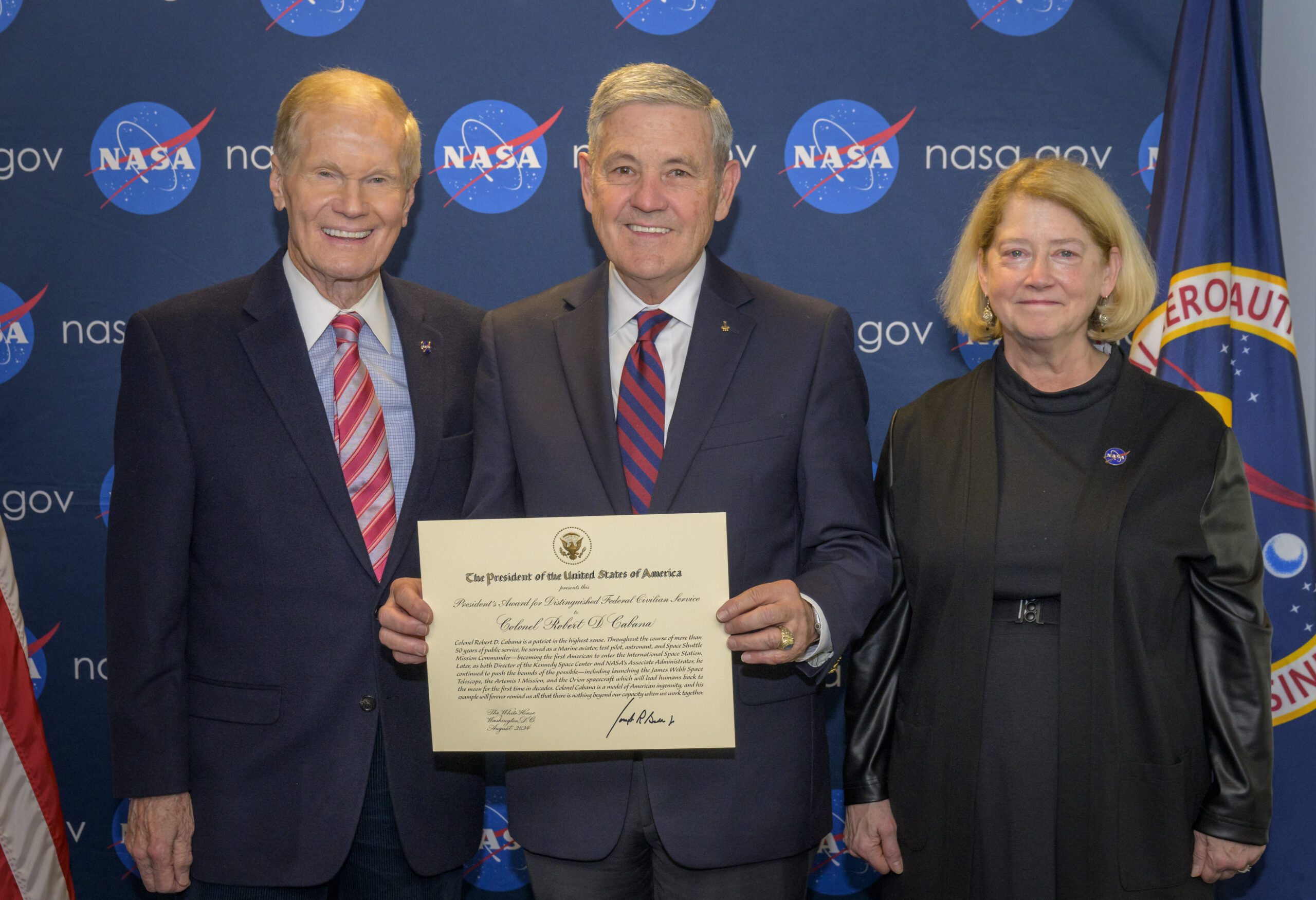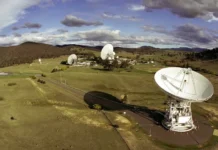Robert Cabana Honored with Prestigious Presidential Award for Distinguished Service
Robert Cabana, a distinguished figure in the realm of space exploration and public service, has been awarded the President’s Award for Distinguished Federal Civilian Service. This accolade, which represents the pinnacle of recognition for civilian federal employees, was conferred upon Cabana in acknowledgment of his outstanding contributions to the nation. The award was personally signed by President Joe Biden, highlighting the significance of Cabana’s achievements.
Recognition at NASA Headquarters
The formal presentation of this prestigious award took place during an official ceremony at NASA Headquarters in Washington, D.C., on January 10. The event was attended by NASA Administrator Bill Nelson and Deputy Administrator Pam Melroy, who both expressed their admiration and gratitude for Cabana’s long-standing service. Bill Nelson praised Cabana as a "true public servant" who has devoted his life to serving his country, from his early days as a naval aviator to his influential role as NASA’s associate administrator.
A Stellar Career in Public Service
Cabana’s career is a testament to his unwavering dedication and passion for space exploration and public service. His journey began as a Marine aviator, where he honed his skills and developed a deep-seated commitment to his country. As a test pilot, Cabana pushed the boundaries of what was possible, ultimately paving the way for his selection as a NASA astronaut.
One of Cabana’s most notable achievements came in the form of being the first American to enter the International Space Station (ISS). His contributions to space exploration were further solidified through his involvement in launching significant missions such as the James Webb Space Telescope, the Artemis I mission, and the Orion spacecraft, all of which are pivotal in humanity’s quest to return to the Moon and explore beyond.
Four-Time Space Shuttle Astronaut
Robert Cabana’s experiences as a NASA astronaut are both extensive and impressive. Over the course of his career, he embarked on four space shuttle missions, twice assuming the role of commander. His final flight in 1998 marked a significant milestone as it was the first mission to assemble the International Space Station, a monumental step in international cooperation and space exploration.
Cabana’s expertise and leadership were also evident during his tenure as the director of NASA’s Kennedy Space Center in Florida. Over more than a decade, he guided the center through a transformative period, transitioning from the space shuttle era to a dynamic multi-user spaceport that now collaborates with commercial partners to send astronauts into low Earth orbit.
Leadership at NASA
In his role as NASA’s associate administrator, Cabana served as the chief operating officer, overseeing the agency’s operations and its extensive workforce of over 18,000 employees. He was responsible for managing an annual budget exceeding $25 billion, a testament to his exceptional leadership and strategic vision. His leadership extended to guiding NASA’s ten center directors and mission directorate associate administrators, ensuring that the agency remained at the forefront of technological innovation and space exploration.
A Legacy of Excellence
Cabana’s illustrious career began when he was selected as an astronaut candidate in June 1985, completing his training a year later. Throughout his time at NASA, he accumulated 38 days in space, participating in missions that advanced our understanding of space and contributed to scientific progress. His flights included piloting the space shuttle Discovery on missions STS-41 and STS-53, commanding space shuttle Columbia on STS-65, and leading space shuttle Endeavour on the historic STS-88 mission.
Beyond his astronautical achievements, Cabana was appointed a member of the Federal Senior Executive Service in 2000. He held various senior management roles at NASA’s Johnson Space Center in Houston, ultimately rising to the position of deputy director. In October 2007, he was named director of NASA’s Stennis Space Center in Mississippi, and a year later, he took the helm as director of NASA Kennedy Space Center.
Educational and Military Background
Robert Cabana’s academic and military background laid a strong foundation for his future accomplishments. Born in Minneapolis, he graduated from the U.S. Naval Academy in 1971 with a bachelor’s degree in mathematics. His pursuit of excellence continued as he became a naval aviator and graduated with distinction from the U.S. Naval Test Pilot School in 1981. Over his career, Cabana logged more than 7,000 flight hours in over 50 different types of aircraft. He retired as a colonel from the U.S. Marine Corps in September 2000.
Acknowledged for Numerous Achievements
Cabana’s contributions have been widely recognized and celebrated. In addition to receiving the President’s Award for Distinguished Federal Service, he has been inducted into the Astronaut Hall of Fame, named an Associate Fellow in the American Institute of Aeronautics and Astronautics, and a Fellow in the Society of Experimental Test Pilots. His impressive list of accolades includes the Distinguished Flying Cross, the Presidential Distinguished Rank Award, and the Rotary National Award for Space Achievement’s National Space Trophy.
Concluding Thoughts
Robert Cabana’s career is a shining example of dedication, perseverance, and excellence in public service and space exploration. His achievements have not only advanced NASA’s mission but have also inspired countless individuals to pursue careers in science, technology, engineering, and mathematics. As Cabana retires from NASA, his legacy will undoubtedly continue to influence and shape the future of space exploration for generations to come.
For those interested in learning more about Robert Cabana’s remarkable career, his full biography is available on NASA’s official website at NASA Biography.
This article provides a comprehensive overview of Robert Cabana’s career and achievements, highlighting his contributions to NASA and the nation. His story serves as an inspiration to all who seek to push the boundaries of human knowledge and exploration.
For more Information, Refer to this article.


































